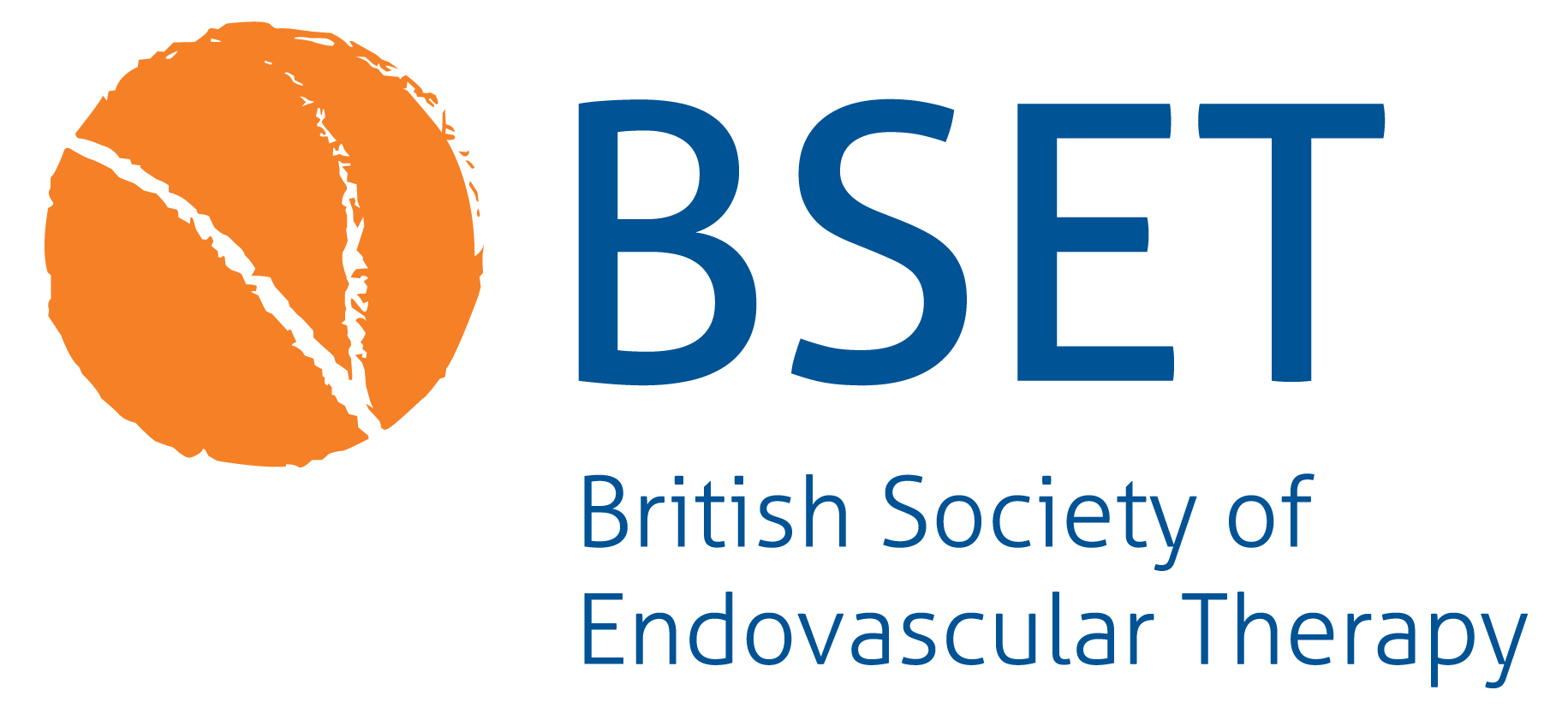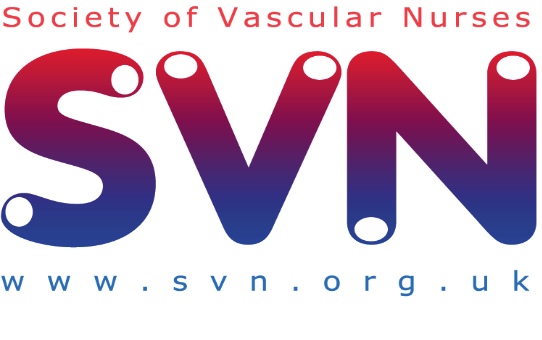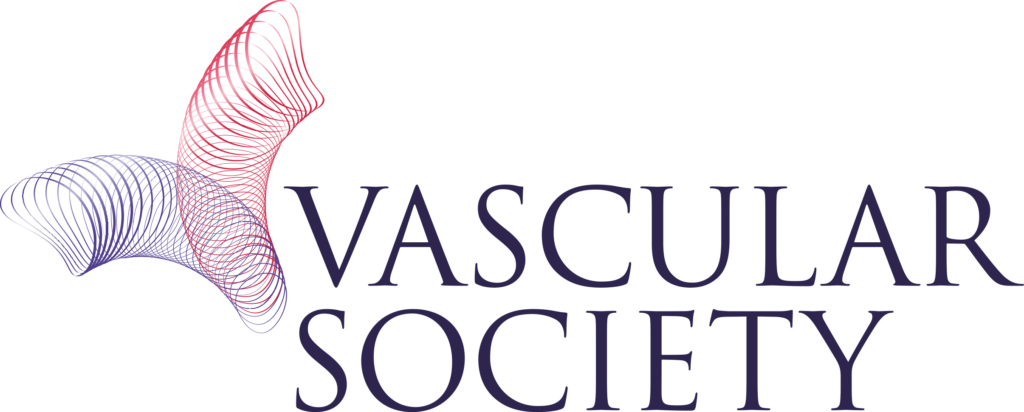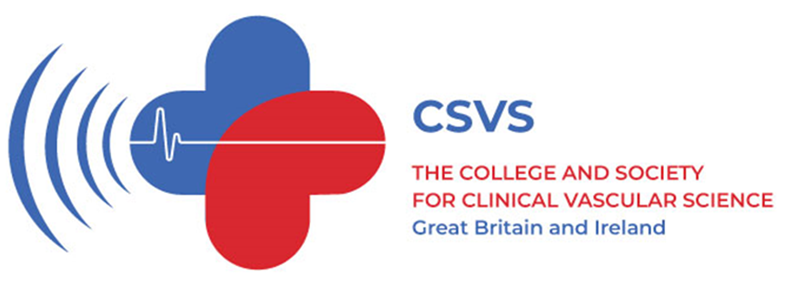survey
The Vascular Society of Great Britain and Ireland and Rouleaux Club membership survey on the role of Physician Associates in vascular surgery
Background Physicians Associates (PAs) were first introduced in the UK in 2003. They work under the supervision of doctors and undertake day-to-day tasks in general practice and hospital settings. They undertake a two-year postgraduate degree which focuses on the general aspects of adult medical care.1 PAs are not part of the medical or nursing staff…
Management of VTE following superficial endovenous treatment: a global survey
Introduction Superficial endovenous interventions have become the gold standard for treating symptomatic varicose veins, with multiple guidelines recommending these procedures where appropriate.1,2 However, venous thromboembolism (VTE) – encompassing deep vein thrombosis (DVT) and pulmonary embolism (PE) – is a recognised complication of these procedures, with reported rates of up to 3.4%.3 The severity of VTE…
A feasibility survey to inform trial design investigating surgical site infection prevention in vascular surgery
Introduction Surgical site infection (SSI) is common following vascular surgery, complicating up to 40% of groin incisions and major lower limb amputations (MLLA).1–3 SSI significantly impairs quality of life due to associated pain, reduced mobility, depression and anxiety.4 SSI results in a fourfold increase in the risk of readmission and substantially increases healthcare costs, estimated…
Exploring the assessment, diagnosis and conservative management of patients with neurogenic thoracic outlet syndrome (NTOS): an online survey of UK medical and allied health professionals
Introduction Thoracic outlet syndrome (TOS) is a highly controversial medical diagnosis, as highlighted in a Cochrane review by Povlsen et al in 2014.1 Diagnosis is challenging due to the existence of four reported subgroups of TOS – namely, neurogenic, arterial, vascular and disputed – each presenting with diverse and wide-ranging symptoms.1-3 Authors describe three pertinent…
Thromboprophylaxis strategies in patients undergoing endovenous thermal ablation: a UK survey
Introduction Background Superficial venous incompetence (SVI) is a prevalent medical condition that often leads to the development of symptomatic varicose veins, significantly impacting one’s quality of life.1 Moreover, SVI carries the potential for major complications including bleeding, ulceration and phlebitis.2 Endovenous thermal ablation (EVTA) is now the recommended first-choice management for the treatment of symptomatic…











